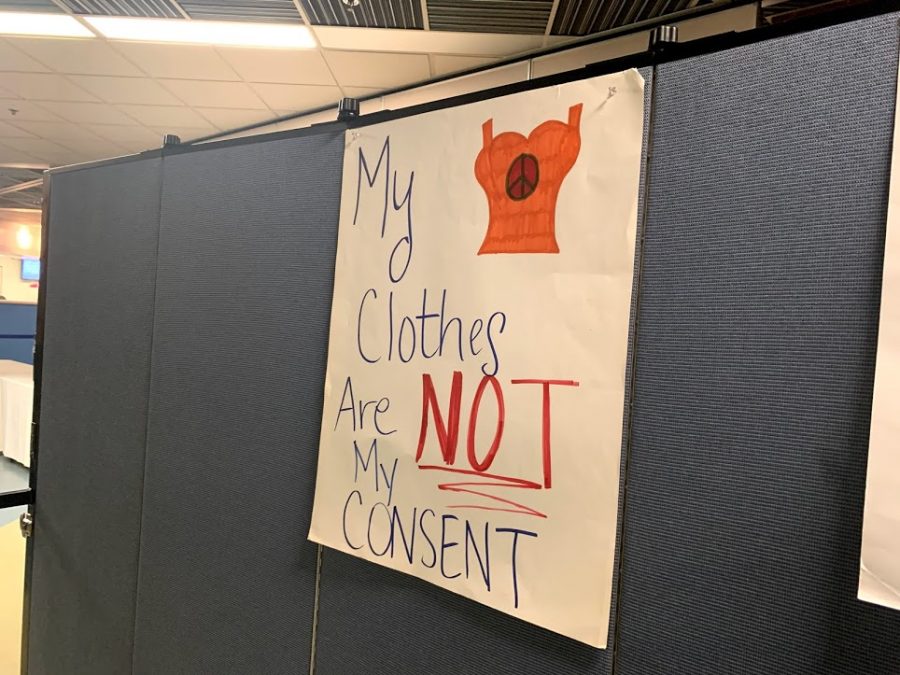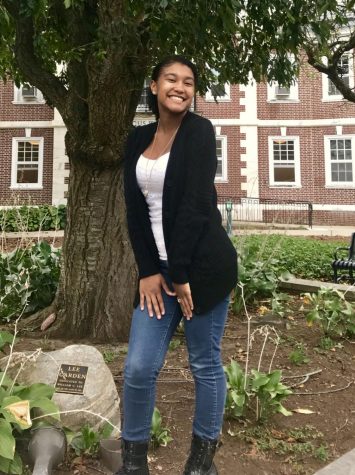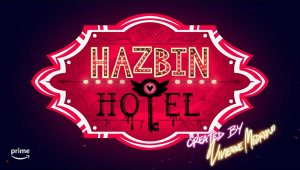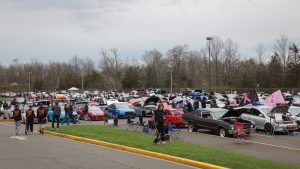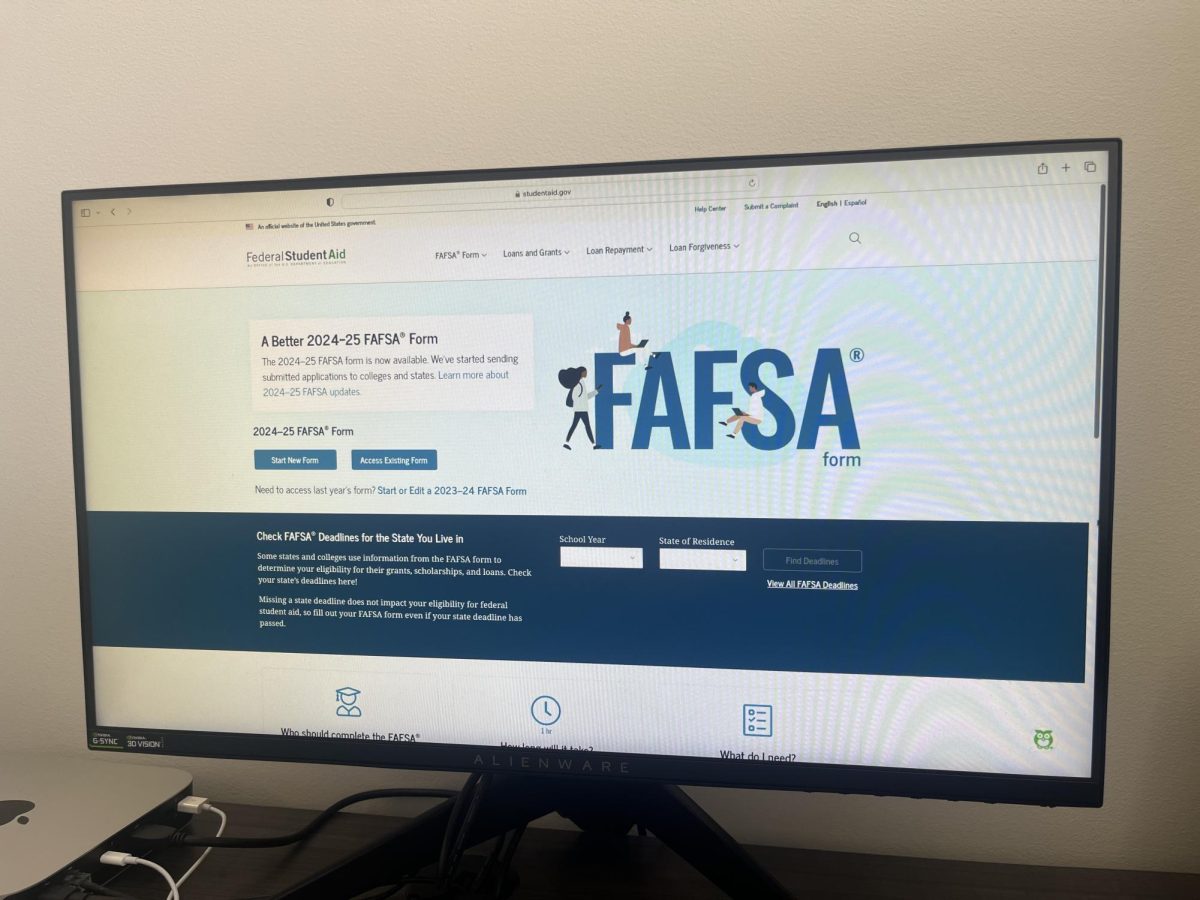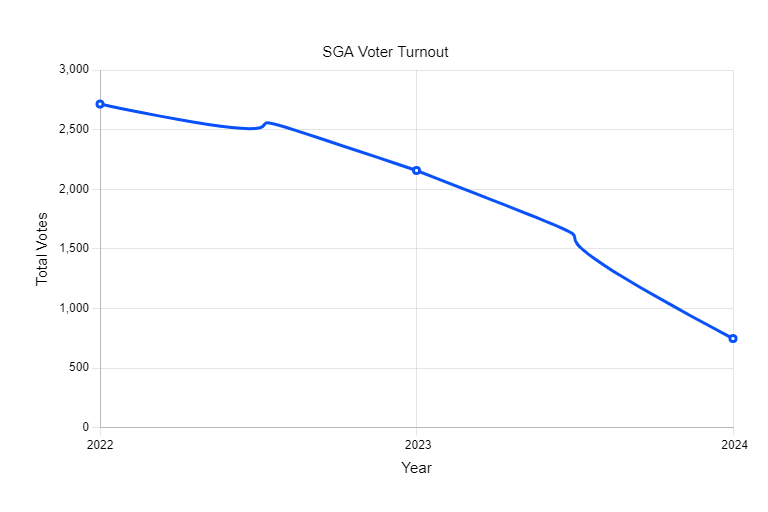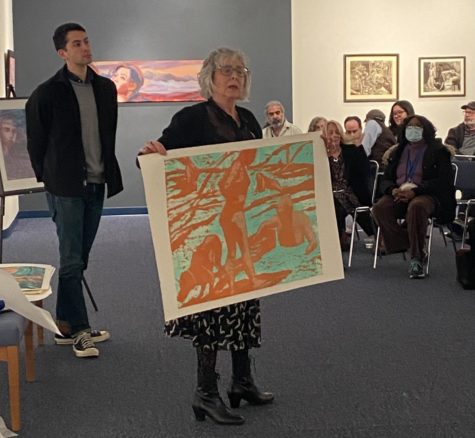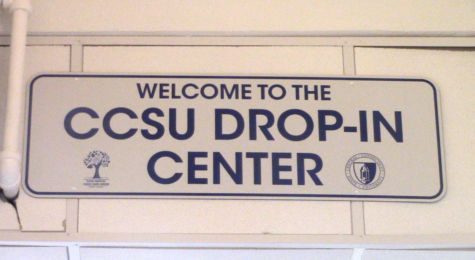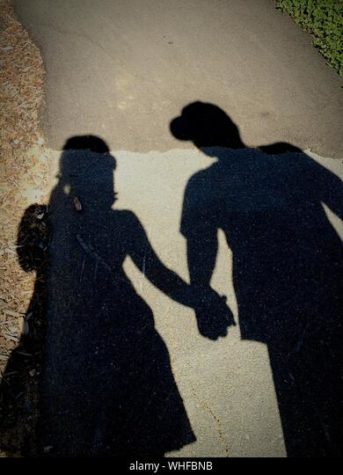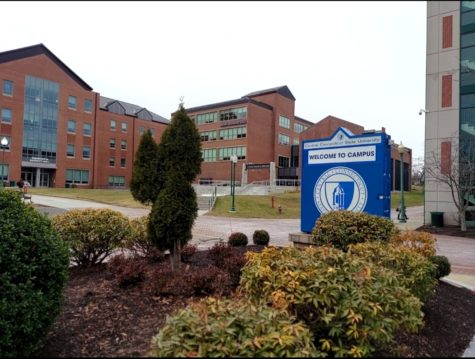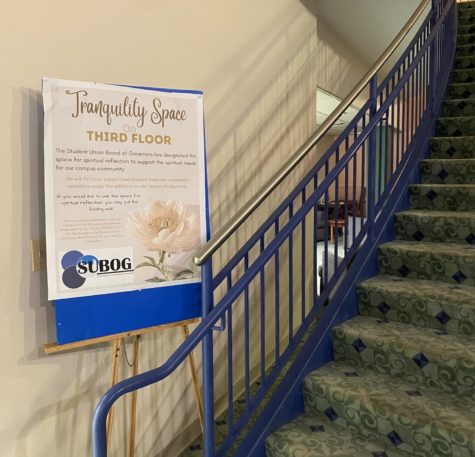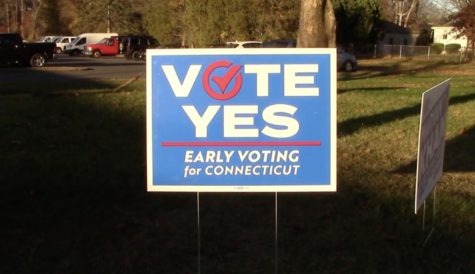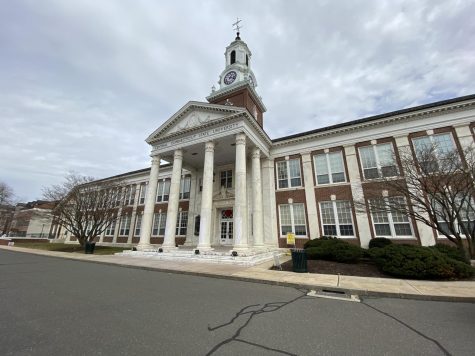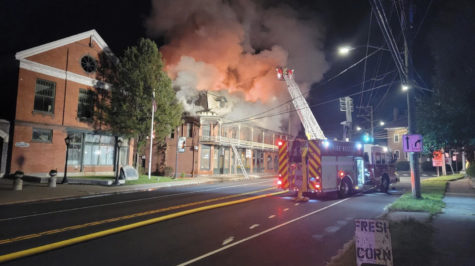Walk Of No Shame Brings CCSU Community Closer
Walk of No Shame works to empower victims of sexual assault that they are not to blame.
October 30, 2019
It was a typical night out for young Lindsey Jones with a few good friends at a party. Music was playing and everyone was drinking while having a good time, that was until Jones was sexually assaulted by her two childhood friends.
“When I was a freshman in college I was raped by my high school best friend and her boyfriend, who I also considered a close friend. I was assaulted at a party — in an apartment that I helped decorate — by the people I would have in any other circumstances called to pick me up from a sketchy party when I drank too much,” Jones stated.
She recalled the voicemail her friends left her roommate after assaulting her, stating “You need to pick Lindsay up please, we got drunk, we had sex and I think she’s going to regret it in the morning.”
After receiving no help from her university following her assault, Jones became an activist and organizer against gender violence for herself and others. Now, as the keynote speaker for the Ruthe Boyea Women’s Center event “The Walk of No Shame,” she, along with the Office of Victim Advocacy, New Britain YWCA and others, addressed rape culture within society, which is defined as “situations in which sexual assault, rape and general violence are ignored, trivialized or made into jokes.”
“You are not alone, you are not a victim, you are a survivor. We encourage you, we motivate you and we support you,” Juliana Soares, Women’s Center student worker stated.
Years later, when Jones finally got an apology from her rapist the tables were turned on her in which she quickly realized during the apology, her rapist was calling for not only forgiveness but also to hear an apology from her. The former friend began to share her recollection of their experiences, noting times when she believed Jones was flirting with her and acted like they were together.
“When I thought about how much I resented her and the apology, my mouth turned traitor on me and I heard myself say to this person on the phone, ‘Thank you for apologizing, I forgive you. I’m sorry too,’,” Jones recalled.
“For a long time, for many years, I believed the real problem was my memory and my actions,” Jones recalled after apologizing to her rapist and sending her own apology to her. But she knew that she was not the one to blame for her assault.
“As a survivor and as a victim advocate, I have heard dozens of people explain to me as to why they are at fault for being assaulted or harassed and I am telling you now, that is bullshit. It doesn’t matter if you were drunk. Drunk is not consent,” Jones stated. “There is always someone less drunk.”
Jones emphasized that there was no room in consent for anything but respect and understanding. She encouraged for men and women to take control of their body and lives.
“You don’t know how long you will carry something with you if you don’t make space within yourself to stop apologizing for the people who hurt you,” Jones stated. “You are the boss of your body.”
The Women’s Center encourages victims to come forward to receive help and addressed their sexual harassment and/or assault experiences. For those looking for on-campus support for sexual assault please contact the Ruthe Boyea Women’s Center, LGBT Center, Office of Victim Advocacy and Student Wellness Services.
